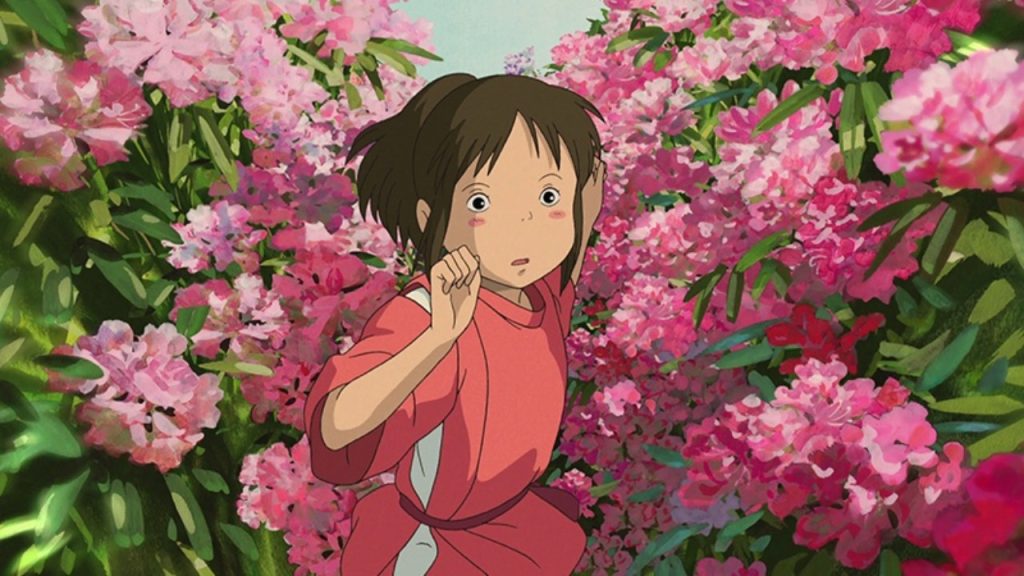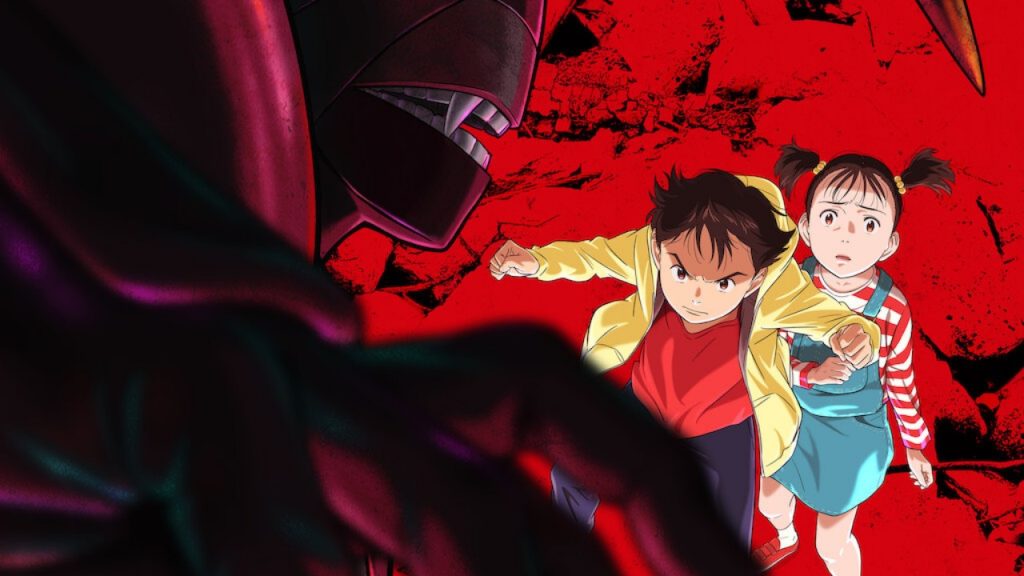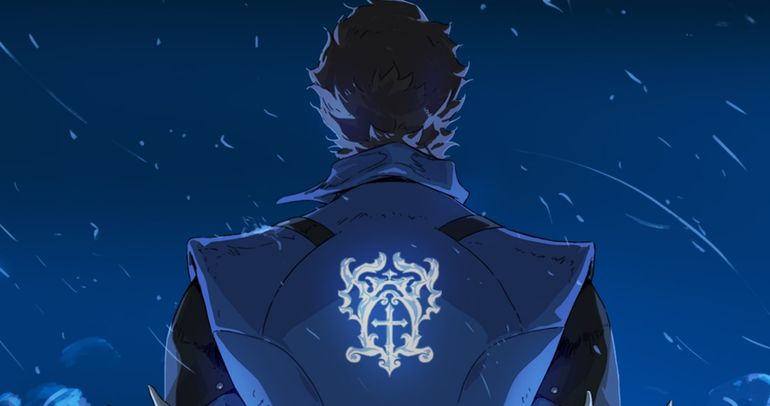Can Netflix's original anime offerings truly be classified as anime, considering the company's increasing influence on the industry and a plethora of new and beloved titles in their collection?
The distinction between anime and animation is becoming less clear due to the influence of streaming platforms like Netflix. With exclusive distribution rights to shows like The Seven Deadly Sins and its production of original "anime" series tailored for Western viewers, Netflix is reshaping the industry to a point where it may no longer be recognizable to fans. Can American-made anime truly exist? Will Netflix emerge as one of the leading anime studios? This is how the streaming giant is altering the definition of anime, both positively and negatively.
Netflix and anime: A brief history
In 2014, Netflix tested the waters of the anime world before taking a leap and creating its very first original series, which was based on the manga Knights of Sidonia. This marked the beginning of a flourishing journey. In the years that followed, Netflix obtained exclusive licensing rights to numerous well-loved anime series, including the immensely popular Little Witch Academia from Studio Trigger. This move solidified Netflix's position as a formidable competitor to established platforms like Crunchyroll and Funimation.
In late 2017, Netflix made a significant commitment to anime by announcing an $8 billion investment to create original content. This investment aimed to make 50% of Netflix's content library original, with a strong focus on anime. By 2021, Netflix's Chief Anime Producer, Taiki Sakurai, revealed an ambitious plan to release 40 new anime shows annually. This showcases Netflix's strong dedication to the anime industry.
Besides its existing anime library, which includes popular works from Studio Ghibli and classics like FullMetal Alchemist: Brotherhood, Netflix ventured into producing original anime shows that have become beloved today. Some notable examples include Castlevania: Nocturne, Captain Laserhawk, and their latest success, Pluto. This raises the question: Can anime truly be produced in America?
To answer the question, we first have to look into the definition of anime.
What is the definition of anime?

Studio Ghibli is widely known for its contributions to traditional anime, a form of animation that originated in Japan and is characterized by its hand-drawn, computer-generated style. This unique art form has become popular globally, thanks in no small part to the creative talents of Studio Ghibli and MAPPA, two prominent Japanese animation studios.
Netflix has challenged the conventional understanding of anime by creating series in an anime style, specifically tailored for Western viewers. The inclusion of shows like Avatar in the anime category has sparked a debate within the anime community, questioning the line between anime and Western cartoons. Some argue that Netflix's series such as Captain Laserhawk and Castlevania: Nocturne should also be classified as anime, while others believe that the term should be reserved for traditional Japanese TV series and movies like Death Note and Sailor Moon. This tension signifies the evolving nature of the anime genre in a globalized media landscape.
Traditional vs. New Age anime
Let’s take a closer look at this debate.
For traditionalists, "anime" is culturally significant as it is closely associated with Japanese animation. They believe that Netflix's use of the term broadens the boundaries of the medium, leading to concerns about cultural appropriation and the dilution of anime's unique identity.
However, progress cannot be made without change. The anime industry, which was once declining and unprofitable, is now thriving like never before. This is partly attributed to a growing Western audience.
The impact of Netflix’s involvement

Netflix
Netflix's foray into the anime industry is evidently motivated by financial incentives and the aim to expand its international viewership. This strategic choice not only aligns with business logic but also yields substantial transformations in the economic landscape of anime production.
According to Kazuya Masumoto, a director at Studio Trigger, who disclosed this at the Machi Asobi anime event (as reported by Gigazine), the expenses involved in producing a typical 30-minute anime episode have surged to considerable levels. Smaller studios face costs ranging from 25 to 30 million yen per episode, while larger studios must contend with figures as high as 50 to 60 million yen.
Netflix's investment in anime has undeniably enhanced production quality and provided creators with larger budgets. While this benefits artists, writers, and actors in the anime industry, it also presents challenges for smaller studios, making it financially challenging to create original works.
Moreover, the growing audience for anime is evident. With platforms like Netflix making it more accessible to the mainstream audience and celebrities like the Sprouse Brothers and Megan Thee Stallion openly expressing their love for anime through music, social media, and high-profile events, the industry's expansion appears to be unstoppable.
Netflix’s documentary, "Enter The Anime," illuminates its pivotal role in revolutionizing the boundaries of anime. It showcases notable Western creators like Adi Shankar, best known for producing "Castlevania," alongside their Japanese counterparts. This deliberate spotlight on Western involvement signifies Netflix's earnest ambition to reshape the perception of anime as a globally inclusive medium that transcends geographical and cultural limitations.
Thanks to Netflix's disruptive influence on the traditional production model, anime is now equally accessible to both Japanese and Western audiences. This newfound influence has resulted in a reshaping of the industry to cater to wider and more mainstream preferences. Consequently, it has sparked curiosity among fans who contemplate the potential transformation of the cherished medium they hold close to their hearts.
Netflix, anime, and the bigger picture
As the ongoing debate regarding the classification of anime persists, it is crucial to recognize that definitions undergo transformation with the passage of time. Consequently, as the interconnectedness of the global entertainment industry continues to grow, the designations of anime and animation will adapt to mirror this evolving landscape.
Netflix's impact on the anime industry is undeniably significant. This streaming platform has not only contributed to its financial growth and expanded its global reach, but also challenged conventional definitions. However, the core essence of anime will always persist. Its distinct narratives and artistic styles will continue captivating audiences worldwide, irrespective of any labels attached to it. Ultimately, what truly matters is the recognition and admiration for this dynamic and constantly evolving industry.
You can check out our other anime coverage here.
Editor's P/S
The evolving impact of Netflix on anime is a topic that sparks passionate debate among fans and industry professionals alike. On the one hand, Netflix's investment in anime has undoubtedly helped to bring the medium to a wider audience than ever before. The streaming giant's deep pockets have allowed it to produce high-quality original anime series that rival those of traditional Japanese studios. On the other hand, some critics argue that Netflix's influence on anime is ultimately negative, as it is leading to a homogenization of the medium and a loss of its cultural identity.
Personally, I believe that Netflix's impact on anime is largely positive. The streaming giant has helped to introduce anime to a new generation of fans, and it has also given more opportunities for talented anime creators to have their work seen by a wider audience. However, I do think that it is important for Netflix to be mindful of the cultural significance of anime and to ensure that its original series do not stray too far from the medium's roots. Overall, I believe that Netflix has the potential to be a positive force in the anime industry, and I am excited to see what the future holds for this dynamic and ever-evolving medium.















